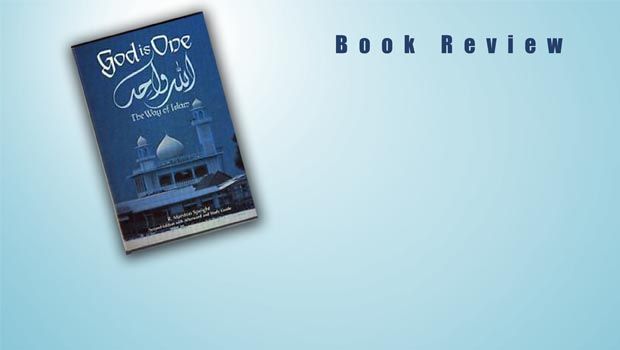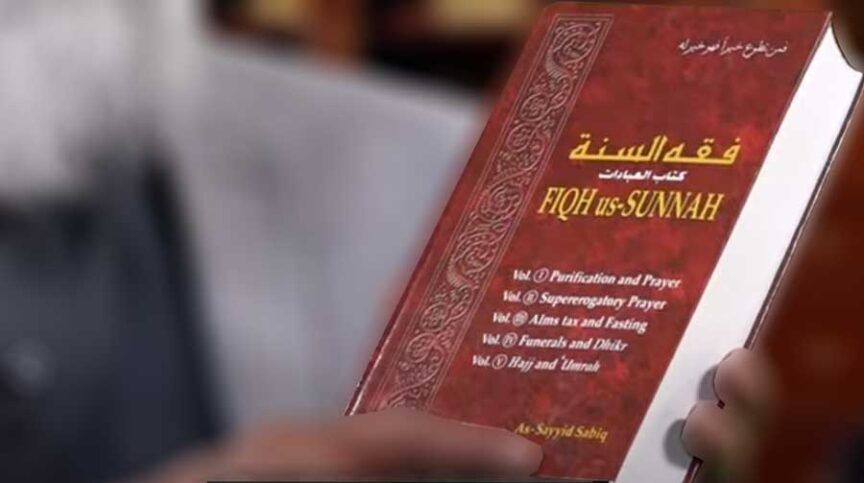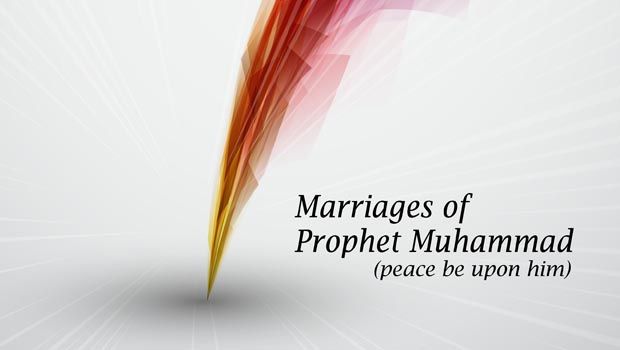Mr. Speight was the director of the office of Christian-Muslim Relations of the National Council of Churches of Christ in the US from 1979 to1992. Earlier, he served churches in Algeria and Tunis, and coordinated the Christian Center for North African Studies in Algiers.
God is One: The Way of Islam provides some basic information about Islamin in six short chapters for an American audience who are curious about the Islamic faith. The author attempts to remove the past barriers and push for mutual understanding. Spieght advocates for strong relations between the faiths through better understanding.
Inter-faith dialogue made little headway mainly because the Jews and the Christians (recognized by the Muslims as Ahl al-Kitaab– the people of the earlier revelations) had no place for Islam in their belief system. When the Muslims wrested the control of the eastern Byzantium, they were welcomed as deliverers from the military and religious yoke of a tyrannical kingship. However, soon the Islamic faith and practices presented a multifaceted challenge to the tenets of the Christian and the Jewish faiths. The Christian religious hierarchy soon began presenting Islam with disdain and the Muslims as illiterate, anti-Jesus, barbaric warriors. Muslims were seen as heretics who needed to be brought to the way of orthodox Christianity.
The Era of Polemics
One of the earliest records of Christian polemics is found in the writings of John of Damascus (ca 755). He tried to refute the Muslim assertion that Jesus was not God, but a human being like all other God’s messengers with the same eternal message that Muhammad (pbuh) brought in the final form. John of Damascus launched an attack against Islamic doctrines and practices and also against the person of Muhammad (pbuh).
The Christians had already perfected the use of philosophical arguments to refute the Jews and Pagans who opposed Christianity. Accustomed to religious controversy for centuries, the Christian writers launched a relentless attack on the Muslim “heretics” and cast aspersions upon the morality of the Muslim way of life. The fact that a Christian polemist could write in such a way while enjoying the status of a “Dhimmi” under a Muslim ruler is a perfect evidence of the freedom of speech and discussion permitted by the Muslims.
In subsequent centuries, more debates emerged, all having to do with the purported weaknesses and errors in the other side’s beliefs and practices. The Crusades added political dimensions to broaden the chasm. The Christian Holy Wars were not only to regain control over the lands where Jesus lived, but also to destroy the new heretical cult. Fanciful ideas like Muhammad (pbuh) was a renegade from the Christian church were not enough. He was painted as an epileptic who advocated sexual license in order to entice others to the Muslim fold.
In the 12th century, Peter the Venerable translated the Qur’an into Latin. He vigorously sought to discredit both the person of Muhammad (pbuh) and the law of Islam. The tradition of confrontation has continued since that time. Fired by inflammatory lies of the Christian polemicists who worked hand in glove with them, the policy-makers in the West endeavored to destroy Islam through brute force, when demagoguery didn’t produce the desired results.
The process of attacks and counter-attacks gained extra strength from the 17th century when the Western nations colonized most of the Muslim lands. However, to their surprise and chagrin, they found that the Muslim masses thwarted every attempt to convert them to Christianity.
The history of Christian-Muslim relations exhibits unrelenting military political, economic and religious conflict. This is due in part to the fact that Christianity is exclusive in teaching that it is the only way for human salvation.
“God is One” confronts these barriers. The book ends on the note: “Christians are … encouraged to look beyond the sensationalism of the Western media.”In the similar vein, Muslims should re-iterate the Divine message: Believe in God, be good, and do good.”




